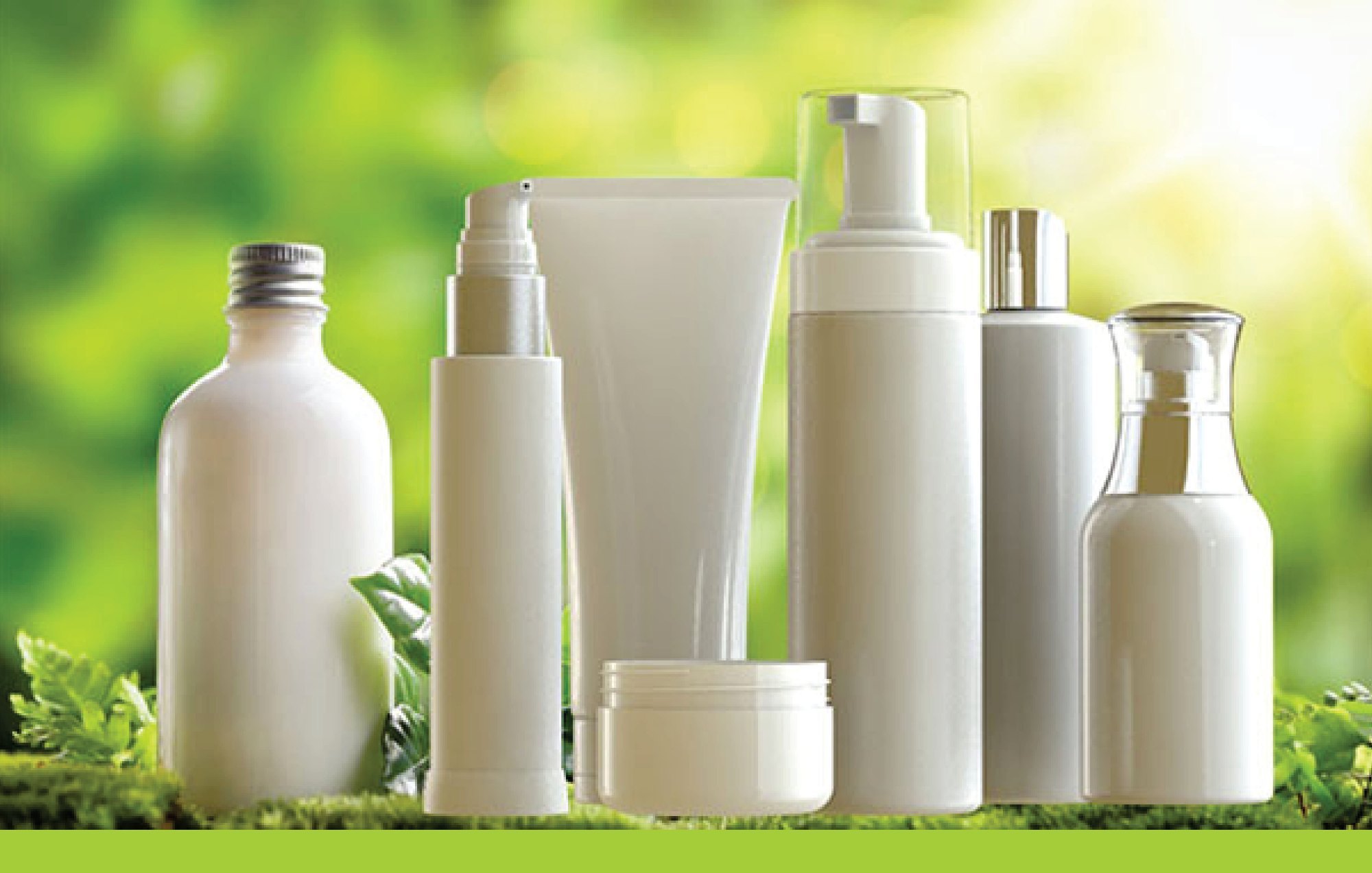
Introduction
In recent years, the beauty industry has seen a remarkable shift towards more natural and organic products. Consumers are increasingly mindful of what they apply to their skin, and this has spurred the growth of private label organic skincare. But what exactly is driving this trend, and how can businesses capitalize on it?
Understanding Private Label Organic Skincare
Private label organic skincare products are developed by manufacturers and sold under a retailer or brand’s name. This allows companies to offer high-quality skincare solutions without investing in the costly and time-consuming process of product development. The key to success lies in partnering with reputable manufacturers who prioritize natural and organic ingredients.
Benefits of Private Labeling
- Brand Customization:
- Businesses can tailor products to fit their brand’s vision and market needs.
- Flexibility in packaging and design to create a unique product line.
- Cost-Effective:
- Reduces the significant overhead costs associated with product development and manufacturing.
- Easier to scale up or down based on market demand.
- Quality Control:
- Partnering with established manufacturers ensures adherence to high standards.
- Access to expertise in organic formulations and compliance with regulations.
Trends Driving Organic Skincare Demand
- Health Consciousness:
- Growing awareness of the harmful effects of synthetic chemicals.
- Increased preference for products free from parabens, sulfates, and artificial fragrances.
- Eco-Friendliness:
- Consumers favor brands that demonstrate environmental responsibility.
- Demand for sustainable and biodegradable packaging solutions.
- Effectiveness:
- Studies and consumer feedback increasingly validate the efficacy of natural ingredients.
- Enhanced appeal through ingredients like aloe vera, chamomile, and green tea.
How to Launch Your Own Private Label Organic Skincare Line
- Market Research:
- Identify your target market and understand their needs and preferences.
- Analyze competitors and find gaps in the market.
- Choose the Right Manufacturer:
- Look for manufacturers with experience in organic formulations.
- Check for certifications like USDA Organic, EcoCert, or COSMOS.
- Product Formulation:
- Work closely with formulators to create products that align with your brand ethos.
- Prioritize ingredients known for their skin benefits and sustainability.
- Packaging Solutions:
- Invest in premium packaging that reflects the quality of your product.
- Consider eco-friendly options to appeal to environmentally conscious consumers.
- Branding and Marketing:
- Develop a strong brand identity and messaging.
- Utilize digital marketing strategies to reach a wider audience.
Conclusion
The rise of private label organic skincare offers a lucrative opportunity for businesses to enter the beauty market with minimal risk and investment. By focusing on quality, sustainability, and effective marketing, you can create a compelling product line that resonates with today’s discerning consumers. Ready to start your own brand? Partner with experts in Custom Skin Care Formulations and Premium Packaging Solutions to bring your vision to life.








